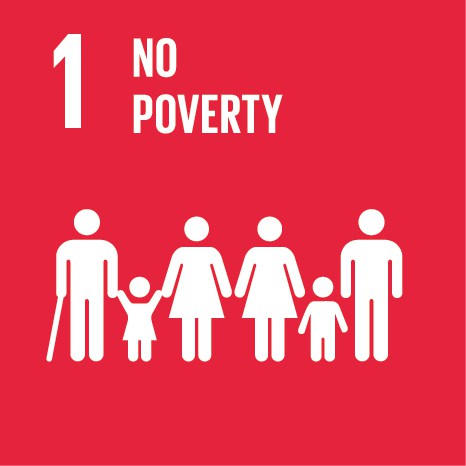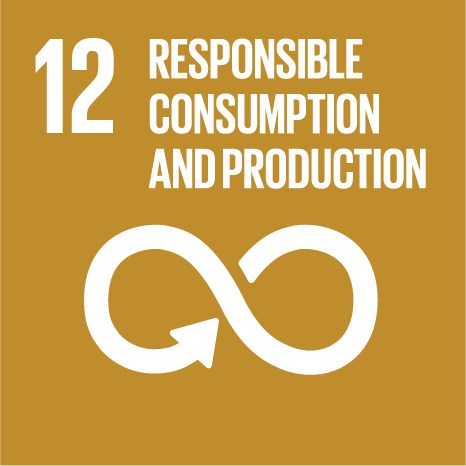1.2) By 2030, reduce at least by half the proportion of men, women and children of all ages living in poverty in all its dimensions according to national definitions
CropLife International has delivered training in good agricultural practices to over 4 million farmers since 2005 helping to increase crop yields and income and reduce the incidence of poverty. Here is an example of a project in Honduras, in partnership with USAID, to help lift 108,000 rural Hondurans out of extreme poverty. These training activities help to define best practices that are multiplied by our member companies’ own training activities which reached more than 20 million farmers in 2018.
2.1) By 2030, end hunger and ensure access by all people, in particular the poor and people in vulnerable situations including infants, to safe, nutritious and sufficient food all year round
According to FAO estimates, global crop losses would double if farmers didn’t have access to crop protection, with a devastating impact on food security. CropLife International is committed to training smallholder farmers in integrated pest management (IPM) techniques so they can effectively protect their crops from pests and diseases ensuring food security. Here is an example of a project in Ethiopia in partnership with the Dutch development organization GIZ to help Ethiopian families eat an affordable, healthy and balanced diet. Since 2005 almost 4 million individuals in 70 countries have been directly trained in IPM and the responsible use of crop protection products.
12.4) By 2020, achieve environmentally sound management of chemicals and all wastes throughout their life cycle in accordance with agreed international frameworks, and significantly reduce their release to air, water and soil to minimize their adverse impacts on human health and the environment
CropLife International is committed to the UN’s Strategic Approach to International Chemicals Management (SAICM). Our members view their contribution to the implementation of SAICM as an opportunity to improve the sustainable use and effective management of pesticides, and to communicate about their critical importance for the delivery of the SDG 12.4. For example, since 2005 the crop protection industry has collected and safely disposed and recycled 781,000 tons of plastic pesticide containers across 58 country schemes. In addition, CropLife International partnered with national governments, FAO, World Bank and various NGOs in the Africa Stockpiles Programme, established in 2005, to remove 8,000 tonnes of obsolete pesticides from the African continent. A new phase of the project (2019-2025) will have a core focus on prevention of obsolete stocks, as well as managing existing stocks.
15.5) Take urgent and significant action to reduce degradation of natural habitat, halt the loss of biodiversity and, by 2020, protect and prevent the extinction of threatened species
CropLife International and its membership are committed to work with partners on evidence-based approaches to ensure a healthy pollinator population. For instance, CropLife India partnered with the Indian Council of Agricultural Research (ICAR) and one of its extension facilities, Agricultural Development Trust (KVK) Baramati to provide farmers with rental beehives during the flowering season to increase crop pollination and, ultimately, yields. The Madhu Sandesh project provided knowledge and practical advice to farmers and beekeepers, helping them to use crop protection products appropriately to ensure the bees and other wild pollinators were not harmed.
17.17) Encourage and promote effective public, public-private and civil society partnerships, building on experience and resourcing strategies of partnerships
CropLife International and its global network have developed more than 300 training partnerships with governments, NGOs and donors and others to ensure farmers are able to grow healthy crops sustainably. Click on the following links to see CropLife International’s showcase projects in Ethiopia, Vietnam, West Africa, Honduras and India.










